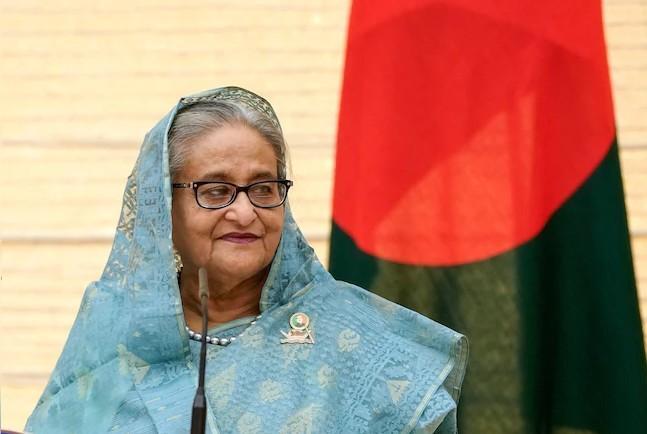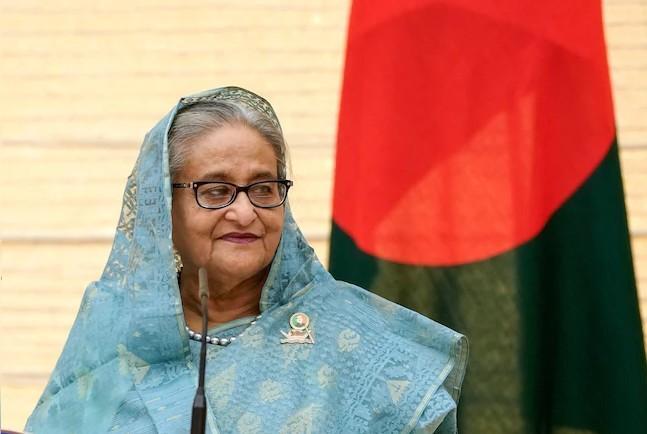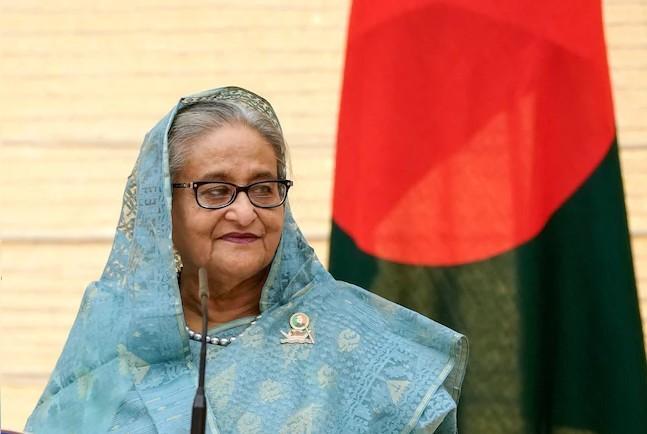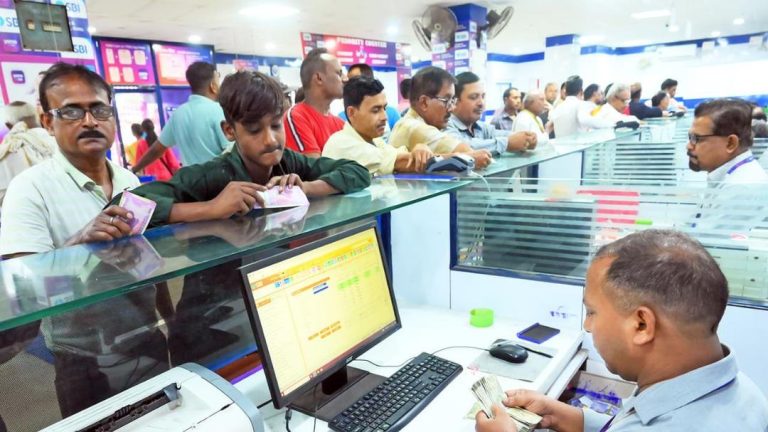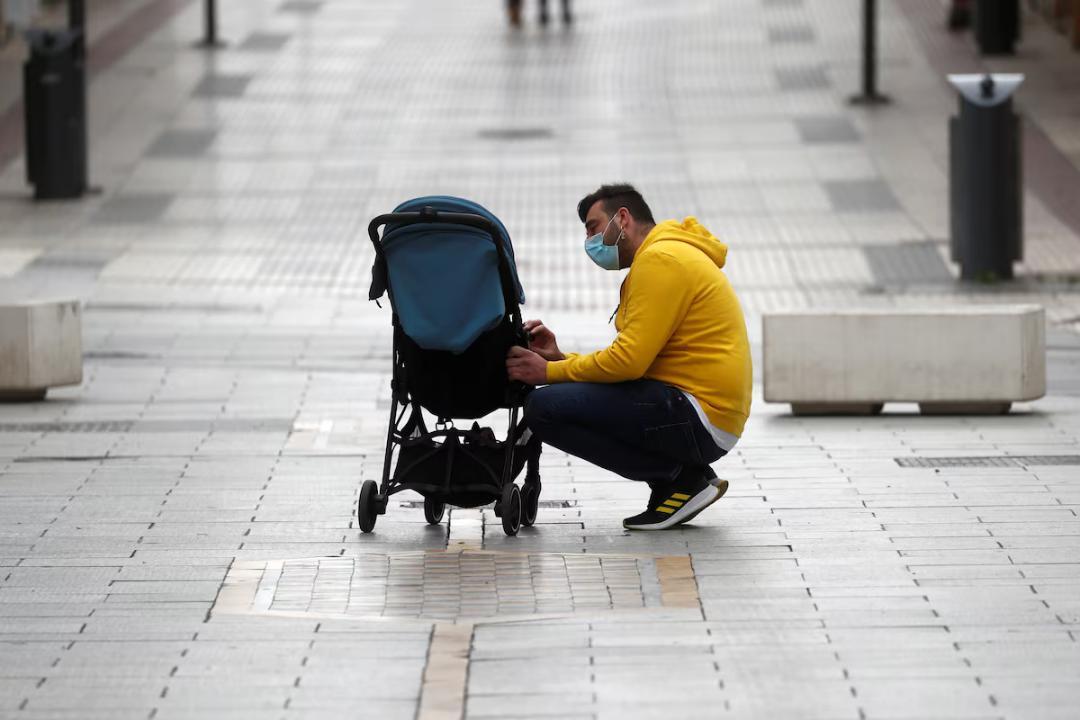
Spain to Offer 17 Weeks of Parental Leave to Both Mothers and Fathers
In a significant move towards promoting gender equality and supporting new parents, Spain has announced plans to extend its parental leave policy to 17 weeks, with both mothers and fathers entitled to equal, fully-paid leave after the birth of a child. This new policy is set to take effect in the coming years, making Spain one of the most generous countries in the European Union when it comes to parental leave.
Currently, Spain offers 16 weeks of paid parental leave, with the mother typically taking 16 weeks off work to care for the new baby. Under the new policy, fathers will be entitled to an additional week of leave, allowing them to bond with their child and take on a more significant role in childcare.
This move is seen as a major step forward for gender equality and a reflection of Spain’s commitment to promoting the rights of women and families. “Spain is moving towards feminism…and there’d be no turning back,” said a Spanish minister, highlighting the government’s commitment to creating a more equal and supportive society.
Spain and Finland are the only two EU countries to offer equal, fully-paid birth leave to both parents. This new policy is expected to have a significant impact on the country’s fertility rates and the balance of work and family life.
Why is this move significant?
There are several reasons why this move is significant and welcome news for new parents in Spain. Firstly, it promotes gender equality by recognizing the importance of both parents in childcare and providing them with equal opportunities to bond with their child.
Secondly, it addresses the issue of gender stereotypes and the traditional role of women as primary caregivers. By providing fathers with equal leave, it encourages them to take on a more active role in childcare and helps to break down societal expectations around gender roles.
Thirdly, it supports the well-being of new parents and provides them with a much-needed break after the arrival of a new baby. Parenting can be a challenging and exhausting experience, and this additional week of leave will allow parents to recharge and adjust to their new role.
Finally, it has the potential to improve the country’s fertility rates. Spain has one of the lowest fertility rates in the EU, and this move is seen as a way to encourage couples to have more children.
What does this mean for working parents?
For working parents in Spain, this move is a game-changer. It means that they will have more time to spend with their child, bond with them, and take on a more significant role in childcare.
For mothers, it means that they will no longer have to bear the burden of childcare alone and will have the support of their partner. This can help to reduce stress and anxiety, and allow them to return to work feeling more confident and energized.
For fathers, it means that they will have the opportunity to take on a more active role in childcare and be involved in their child’s early years. This can help to strengthen their bond with their child and create a more equal and supportive family environment.
What are the benefits of extended parental leave?
There are several benefits to extended parental leave, including:
- Improved bonding between parents and child: Extended parental leave allows parents to spend more time with their child, bond with them, and create lasting memories.
- Increased gender equality: By providing equal leave to both parents, it promotes gender equality and challenges traditional gender stereotypes.
- Improved work-life balance: Extended parental leave allows parents to take a break from work, recharge, and adjust to their new role.
- Increased fertility rates: Extended parental leave can encourage couples to have more children, which can help to address declining fertility rates.
- Better mental and physical health: Extended parental leave can help to reduce stress and anxiety, and allow parents to prioritize their health and well-being.
Conclusion
Spain’s decision to offer 17 weeks of parental leave to both mothers and fathers is a significant step forward for gender equality and family support. This move recognizes the importance of both parents in childcare, challenges traditional gender stereotypes, and provides new parents with the support they need to thrive.
As the world continues to evolve and change, it is essential that we prioritize the well-being and support of working parents. This move is a positive step towards creating a more equal and supportive society, and we can expect to see other countries follow suit in the coming years.
Source:
